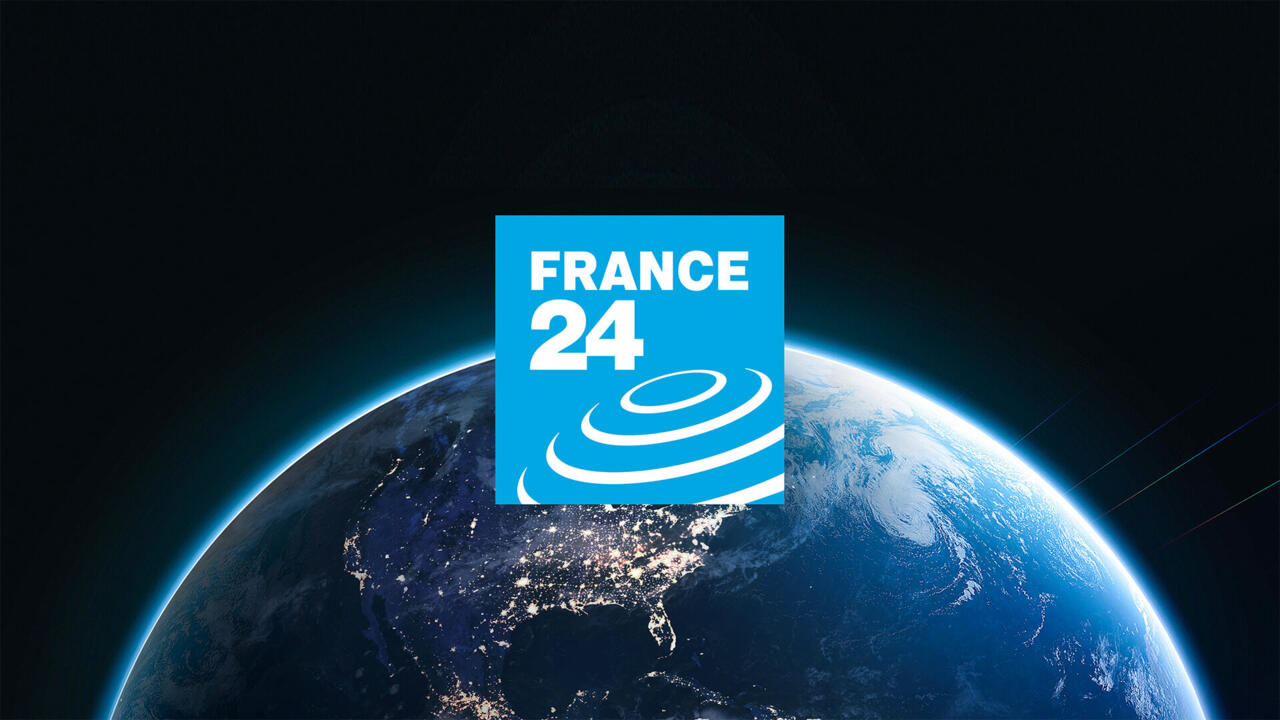EDIT: I didn’t notice in the original post, the article is from 2023
cross-posted from: https://lemmy.ml/post/19707239
Researchers have documented an explosion of hate and misinformation on Twitter since the Tesla billionaire took over in October 2022 – and now experts say communicating about climate science on the social network on which many of them rely is getting harder.
Policies aimed at curbing the deadly effects of climate change are accelerating, prompting a rise in what experts identify as organised resistance by opponents of climate reform.
Peter Gleick, a climate and water specialist with nearly 99,000 followers, announced on May 21 he would no longer post on the platform because it was amplifying racism and sexism.
While he is accustomed to “offensive, personal, ad hominem attacks, up to and including direct physical threats”, he told AFP, “in the past few months, since the takeover and changes at Twitter, the amount, vituperativeness, and intensity of abuse has skyrocketed”.



Respectfully, you were the one who pointed out the impact of the Network Effect.
Thus, users don’t need to understand the credentials of the platform if the network effect is strong enough, but as users leave the network, the value (credentials) of the platform as a whole decreases.
Another way to think about it is that the amount Twitter “matters” is directly related to how much we collectively agree it matters. While not directly transferable, I’d suggest that Keynes’ Animal Spirits concept can help us to understand why this might be the case - prevailing attitudes towards a platform can have a profound impact on their value.